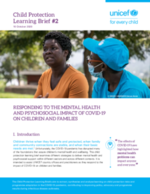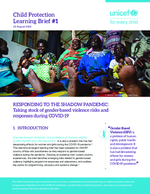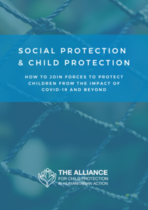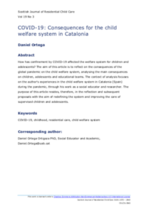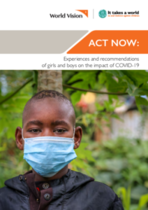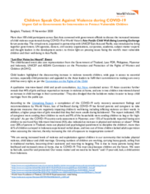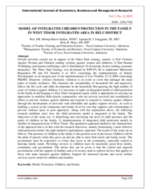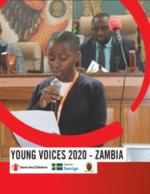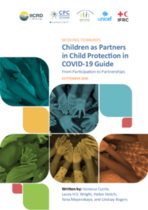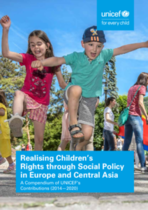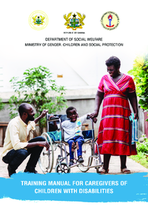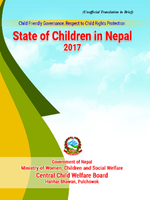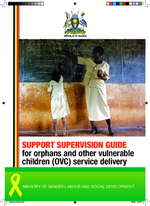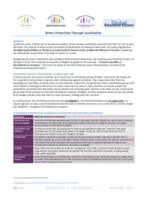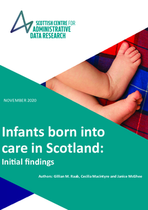Effect of home environment on academic achievement in child protective service-involved children: Results from the second national survey of child and adolescent well-being study
This study sought to determine whether home environments with higher levels of emotional support and cognitive stimulation predict later academic achievement and whether this relationship is moderated by placement type (i.e. biological/adoptive parent care, kinship care, or non-kinship foster care). This study included 1,206 children from the second U.S. National Survey of Child and Adolescent Well-Being (NSCAW-II) who were involved with Child Protective Services (CPS) between 2–7 years of age.

